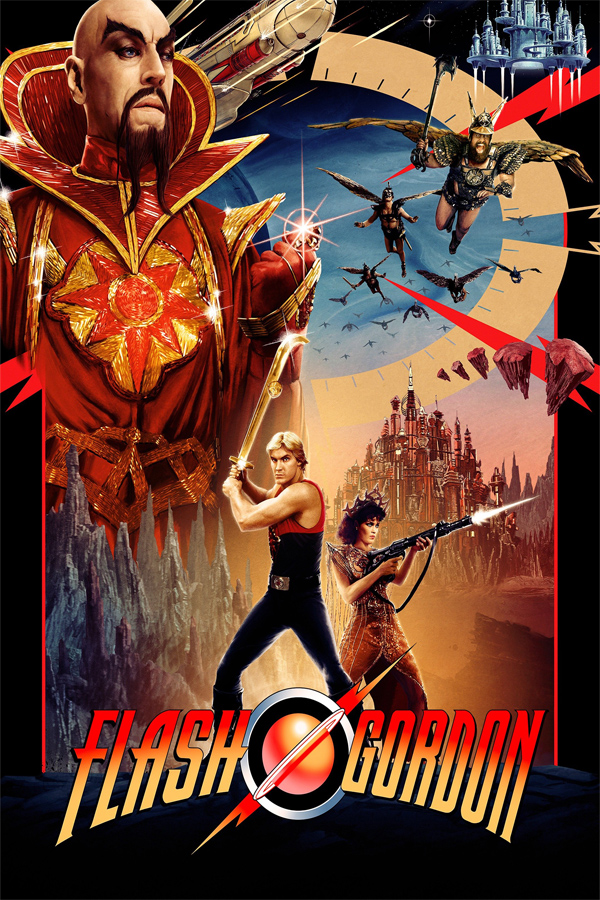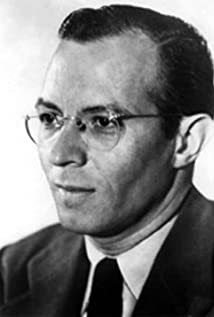Jerome Moross
Brooklyn-born composer and orchestrator, who graduated from New York University at the age of eighteen. A child prodigy, he was already an accomplished pianist at the age of five and began composing music three years later. His first serious work ('Paeans') was performed in public when he was seventeen, conducted by the great Bernard Herrmann. Other orchestral compositions included 'Those Everlasting Blues' (1932) and 'Beguine' (1934), notable for his usage of traditional American folk idioms.
He wrote for many Broadway shows from 1935, beginning with 'Parade'. Moross also composed five ballets, of which 'Frankie and Johnny' (1938,for dancer Ruth Page) and 'The Golden Apple' (1954) were the most successful. The latter won the Drama Critics Circle Award for Best Musical, 1953-4. Moross worked in Hollywood from 1940 as composer/arranger, often in collaboration with Aaron Copland (eg. Nuestro pueblo (1940)), Hugo Friedhofer and Franz Waxman. His own scores as film composer include El rebelde orgulloso (1958), El dios de la guerra (1965) and Raquel, Raquel (1968). He was nominated for an Academy Award for his lush, sweeping score of Horizontes de grandeza (1958). In addition to his film work, he was also active in composing music for television, his best work in the western series La ley del revólver (1955) and Caravana (1957). He created eight pieces of chamber music, 1964-78, and, his final work, the one-act opera 'Sorry, Wrong Number', based on Lucille Fletcher's famous thriller. Jerome Moross received Guggenheim Fellowships in 1947 and 1948.

